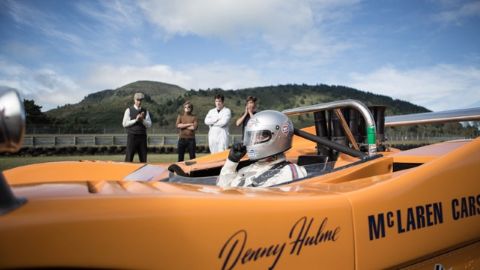The Man Putin Couldn't Kill • 2021
An investigation into the incident in August 2020 when Russia's opposition leader Alexei Navalny was taken ill during a flight to Moscow, having been poisoned. While world leaders struggled to get Navalny the treatment he needed, investigative journalists began to piece together what had happened, finding that not only was Navalny poisoned by a Russian security service hit squad, but that they had been following him for several years while developing new variants of the banned chemical weapon Novichok - previously used in the attack in Salisbury.
Make a donation
Buy a brother a hot coffee? Or a cold beer?
Hope you're finding these documentaries fascinating and eye-opening. It's just me, working hard behind the scenes to bring you this enriching content.
Running and maintaining a website like this takes time and resources. That's why I'm reaching out to you. If you appreciate what I do and would like to support my efforts, would you consider "buying me a coffee"?
Donation addresses
BTC: bc1q8ldskxh4x9qnddhcrgcun8rtvddeldm2a07r2v
ETH: 0x5CCAAA1afc5c5D814129d99277dDb5A979672116
With your donation through , you can show your appreciation and help me keep this project going. Every contribution, no matter how small, makes a significant impact. It goes directly towards covering server costs.





